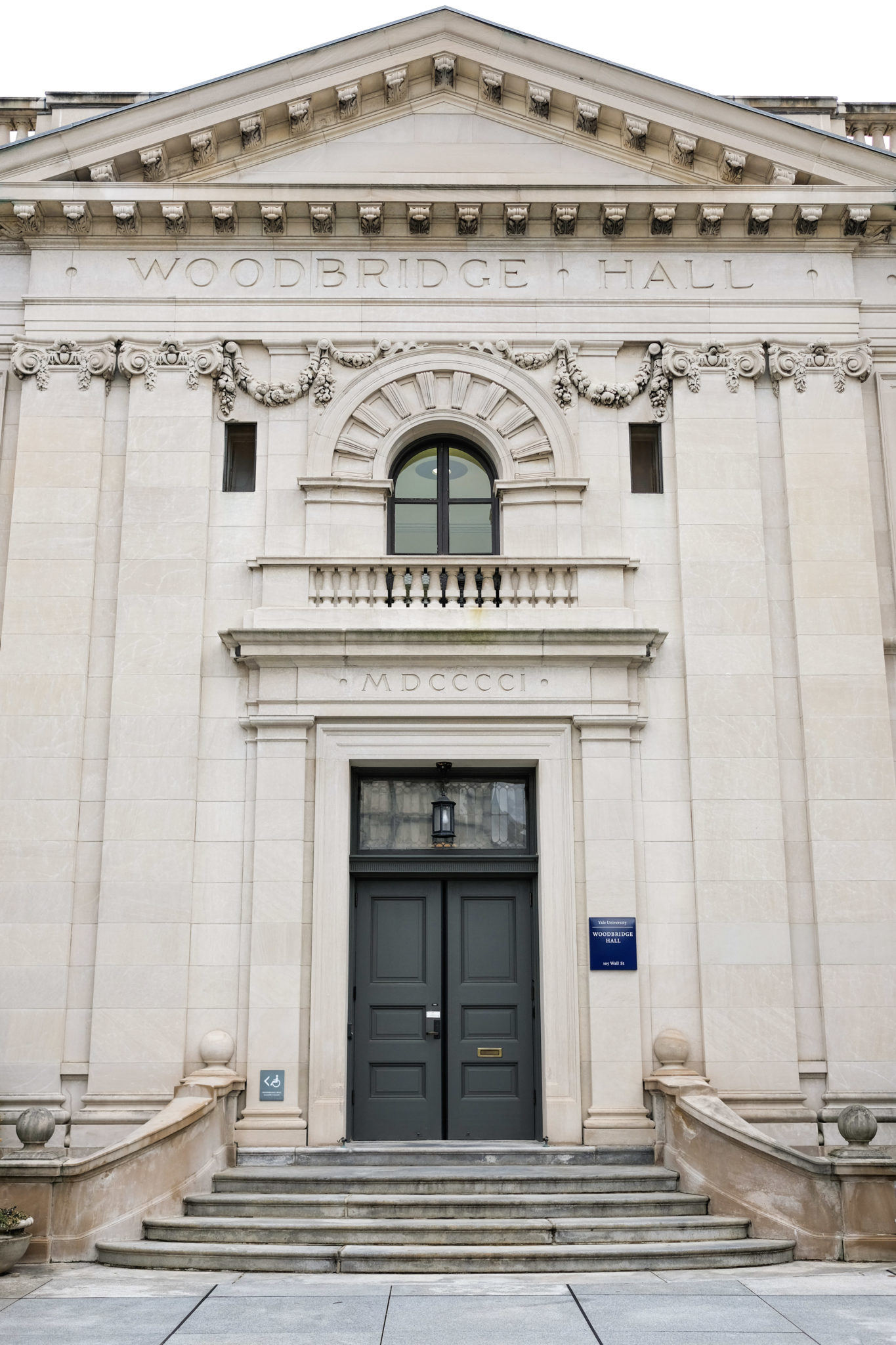
Hours before the public comment period for the proposed federal Title IX rules drew to a close, University President Peter Salovey Wednesday publicly stated for the first time that the new guidelines would force Yale to alter its sexual misconduct adjudication procedure.
According to Associate Vice President for Federal and State Relations Richard Jacob, the University has “raised several issues” with the Department of Education’s new Title IX guidelines over the past few months. Still, it remains unclear whether Yale independently submitted an official comment in response to the Department of Education’s proposed Title IX regulations. University Title IX Coordinator Stephanie Spangler did not respond to the multiple requests for comment on whether the University independently submitted a response to the proposal.
In a University press release, Salovey condemned the new guidelines and called them “harmful to our students and community members.”
“The Department of Education’s proposal would replace our carefully constructed procedures with a requirement that all universities adopt courtroom-like processes, such as live cross-examination of survivors and others by attorneys,” Salovey said in the Wednesday statement. “I am deeply concerned that an overly legalistic process, together with other provisions in the proposed Title IX rule, will discourage survivors from coming forward to seek help and redress. It will hurt those who are most vulnerable and it will not make the process fairer for anyone.”
The new federal proposal, which would replace Title IX guidelines created under former U.S. President Barack Obama with his “Dear Colleague” letter, would narrow the scope of situations in which universities are required to respond to sexual misconduct allegations. New rules would limit the definition of sexual harassment to “unwelcome conduct on the basis of sex that is so severe, pervasive and objectively offensive that it denies a person access to the school’s education program or activity.” Under Obama’s guidelines, sexual harassment was defined more broadly as “unwelcome conduct of a sexual nature.”
In his statement, Salovey added that Yale collaborated with federal and state associations to submit comments on the proposed rule. Submitting joint comments along with other universities will “send a powerful and unified message from thousands of higher education institutions,” Salovey explained.
In a comment released last week, the Association of American Universities — a group of 60 leading American research institutions of which Salovey sits on the board — criticized the Department of Education’s “one-size-fits-all approach” that ignores the diversity of institutions of higher education. The Association of American Universities claimed that the new regulations represent an “unprecedented infringement on universities’ autonomy and expertise” and requested that the DOE remove requirements that schools permit cross-examination, appoint advisers for both parties and apply the same standard of evidence across all disciplinary processes. The association also urged the DOE to clarify in its regulations whether universities may investigate behavior that falls outside its definition of sexual harassment.
In November, Jacob told the News that the American Council on Education — another alliance of universities to which Yale belongs — engaged Devos and the Office of Civil Rights on behalf of the higher education community to discuss campus policies and to raise concerns about the proposed changes. On Wednesday, the council also submitted a comment to the DOE arguing that the draft rules “would do more harm than good,” the American Council on Education website stated.
Stanford law professor and Title IX expert Michele Dauber told the News that submitting a comment along with other institutions of higher education may be more effective than submitting one independently.
“There is something to be said for showing that degree of unity among these schools and speaking with a unified voice,” Dauber said.
Dauber added that Salovey “exhibit[ed] moral leadership” with his statement condemning the regulations, even if the University did not submit an independent public comment.
In interviews with the News, Alyssa Peterson LAW ’19 and Kathryn Pogin LAW ’20, who both worked to craft a public comment from students in the Yale Law School community, said they were disappointed that Yale did not solicit community feedback and publicly announce whether it submitted its own comment. Peterson pointed out that Georgetown University drafted an independent 11-page comment, which it submitted after publishing the document online to gather student feedback.
Pogin told the News that she sees Salovey’s comment as “a public relations move, not a substantive stance” considering the apparent lack of clear formal independent comment from the University.
Pogin added that while the Association of American Universities aims to comment in “broad strokes,” a comment from the University could have provided more specific information about how the regulations would affect Yale policies and students specifically.
“The AAU’s comment doesn’t address a multitude of problems in the proposed rules,” Pogin said. “But also, the Department of Education wildly miscalculates the cost of the proposed changes. Because only Yale has precise data about how much the proposed regulations would actually cost, Yale actually participating would have gotten crucial information on the administrative record.”
The “Dear Colleague” letter was published on April 4, 2011.
Serena Cho | serena.cho@yale.edu
Asha Prihar | asha.prihar@yale.edu







